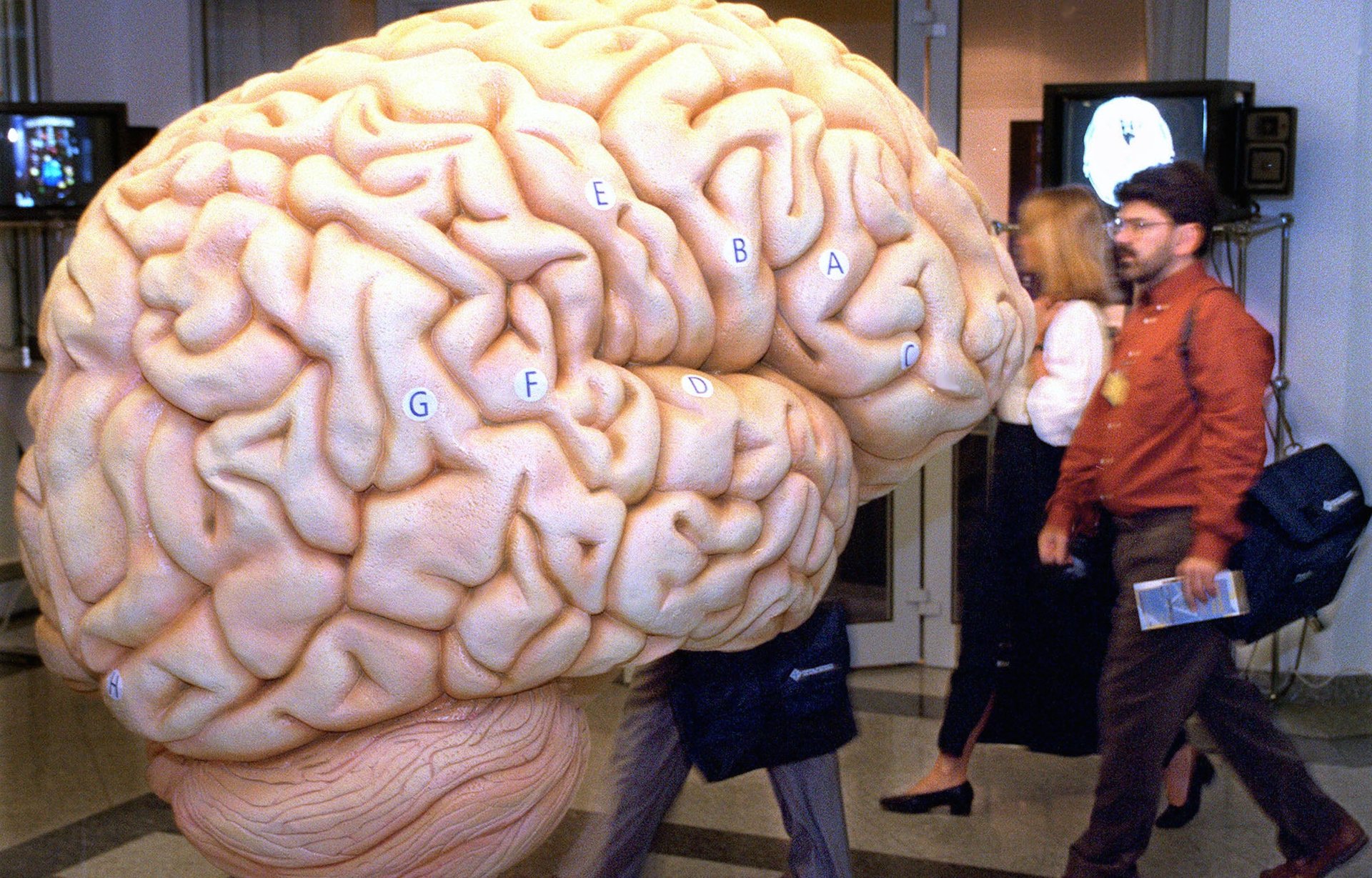Researchers in Ohio say they’ve grown a tiny human brain in their lab
Scientists at Ohio State University say that they’ve grown an “almost fully-formed human brain” in a lab —the equivalent of a five-week-old fetal brain the size of a pencil eraser that has “99% of the brain’s diverse cell types and genes,” the team told The Guardian. The tissue, grown from adult human skin cells, includes a spinal cord, signaling circuity, and even a retina, which is considered part of the brain.


Scientists at Ohio State University say that they’ve grown an “almost fully-formed human brain” in a lab —the equivalent of a five-week-old fetal brain the size of a pencil eraser that has “99% of the brain’s diverse cell types and genes,” the team told The Guardian. The tissue, grown from adult human skin cells, includes a spinal cord, signaling circuity, and even a retina, which is considered part of the brain.
It’s a massive claim, but one that deserves an equally massive amount of skepticism. The data behind the research isn’t being released due to a pending patent, which makes it difficult to evaluate the team’s claims. The research also hasn’t been through peer review, which can be a red flag when it comes to this kind of finding.
OSU’s Rene Anand and his team presented their findings at a conference in Florida yesterday (Aug. 18). They hope their research could one day be used to test drugs for neurological diseases like Alzheimers, looking at environmental toxins, and traumatic brain injuries.
But for now, the world is being asked to take these researchers at their word that they’ve accomplished something unprecedented.
There’s also something fundamentally unnerving about the idea of growing human brains to do research on. The team told the Guardian that ethical issues were “non-existent” because there is no sensory stimuli entering the brain, and therefore no thinking or consciousness taking place. That’s probably true with something this tiny and minimally undeveloped, but what about a brain that’s larger and further along in its growth?
The research team currently doesn’t know how to create the sort of artificial blood vessel network that would be required to grow their brain beyond the equivalent of five weeks old. But it’s easy to imagine things going that way, and consciousness is poorly understood enough that the ethical issues aren’t going to be so easy to dismiss.